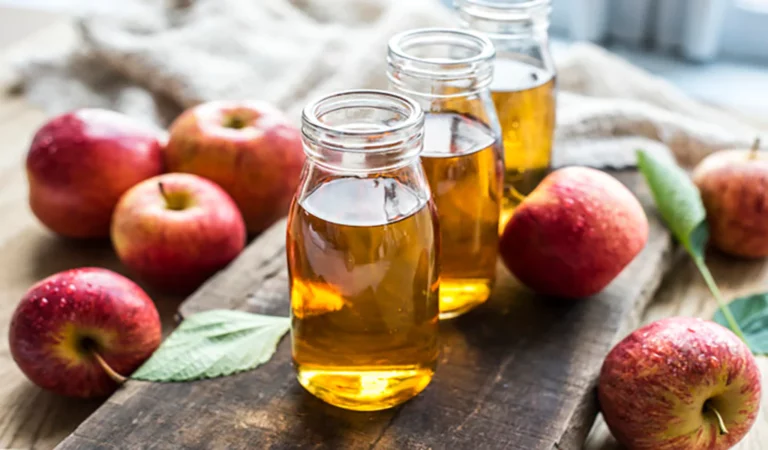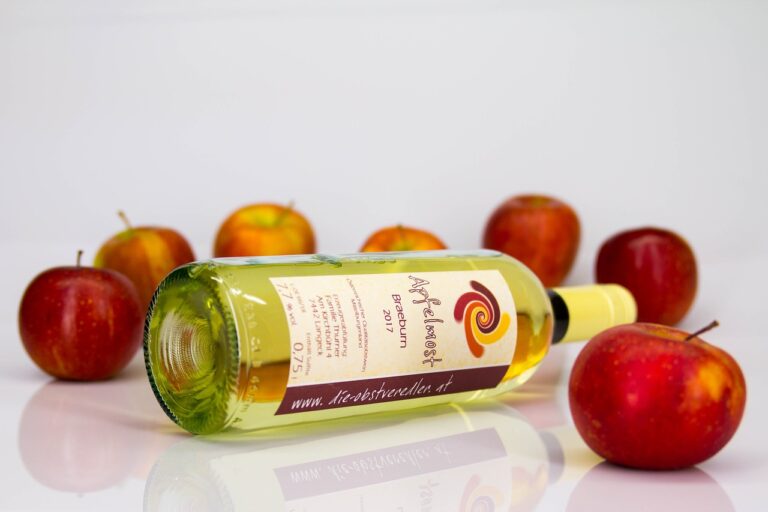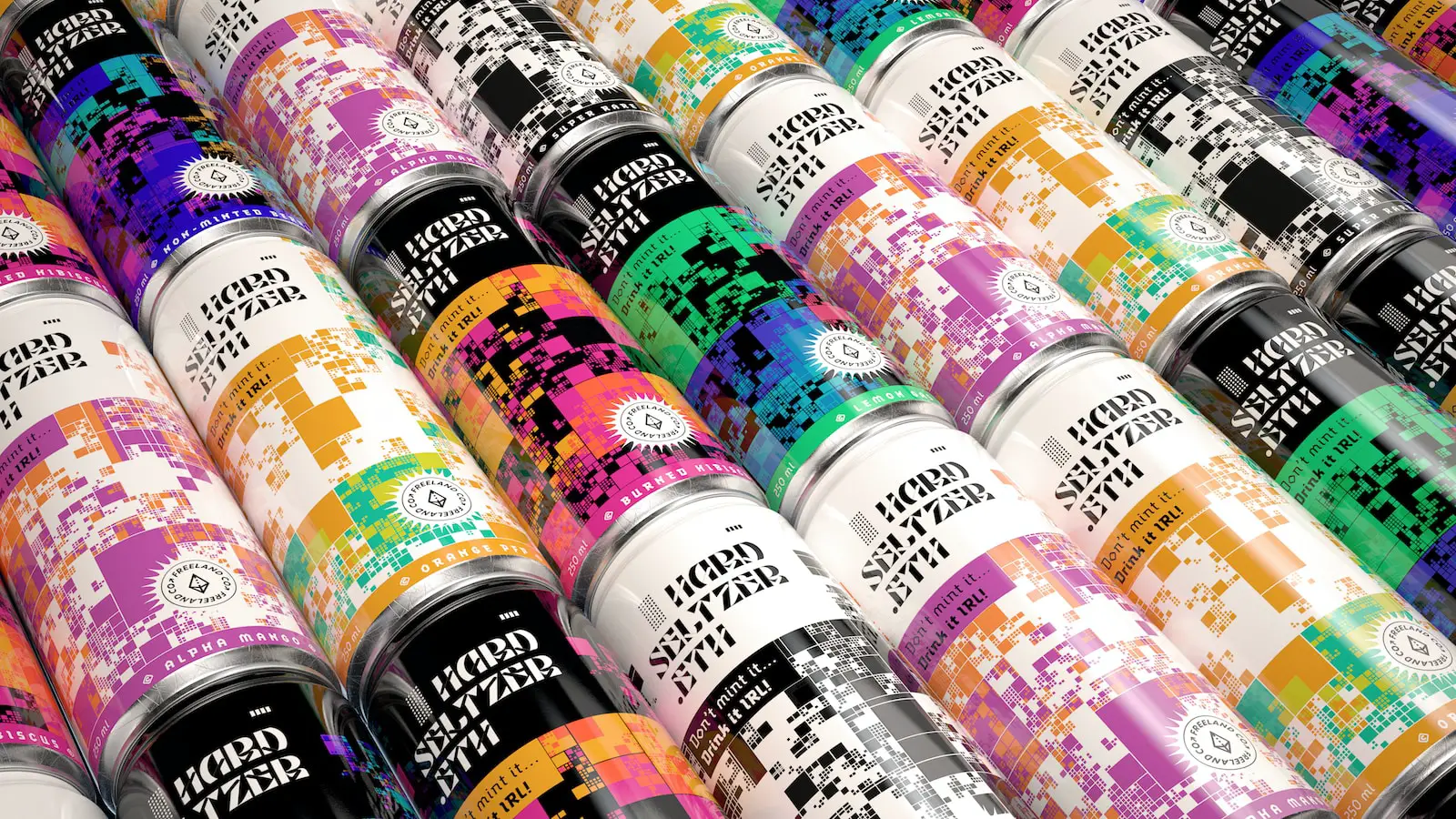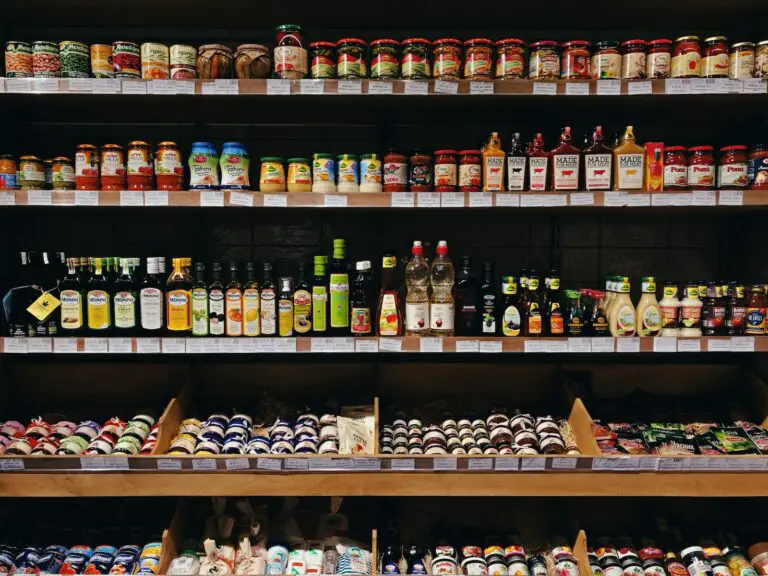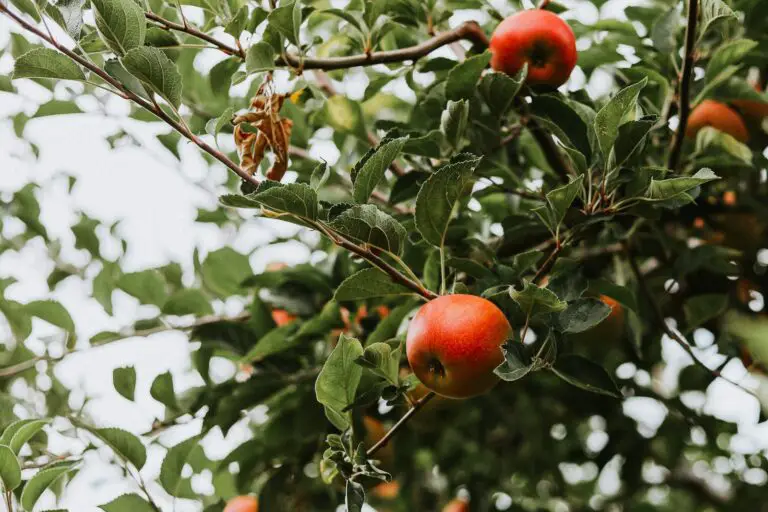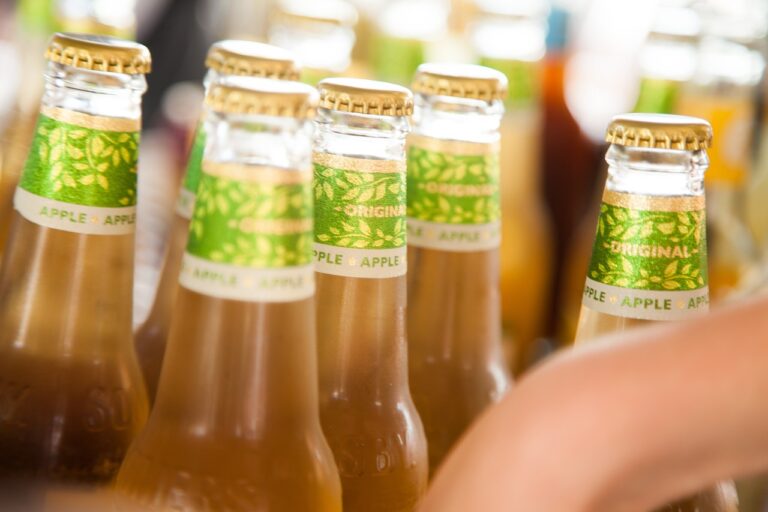Have you ever wondered what would happen if you stored a bottle of cider away for several years? Would the flavor improve or degrade? Or would it stay the same? After all, you’ve heard that wine gets better with age, but is the same true for cider?
Whatever your opinion, many suggest that cider might actually improve over time.
Of course, the results depend on how you store your cider and how long you let it age.
So, let’s explore this topic in greater detail.
In this article, we’re going to take an in-depth look at the aging process when it comes to cider.
We’ll discuss the different factors that can influence the taste of aged cider and explain how long you should age your cider for maximum flavor. Let’s get started!
Does Cider Get Better Over Time?
Cider’s unique aging process can influence its flavor profile and overall quality.
Like wine, some ciders can improve with age, developing more complex and robust flavors over time.
The aging potential of a cider depends on factors such as its sugar content, acidity, tannin levels, and the production method used.
Generally, high-quality ciders made from traditional methods, with more tannins and higher acidity, have a greater potential for aging and can evolve beautifully over the years.
However, it’s important to note that not all ciders are meant to be aged, and some may lose their appealing fresh, and fruity characteristics if kept for too long.
Ultimately, whether a cider gets better with age depends on the specific product, and enthusiasts should research and experiment to discover the optimal aging conditions for their favorite ciders.
What Type of Cider Ages Well?
When it comes to aging cider, certain types and qualities are more likely to improve and develop complexity over time.
Ciders that age well typically have a higher alcohol content, balanced acidity, and a robust tannin structure, which allows the flavors to evolve and mature gracefully.
Traditional or artisanal ciders, made through slow fermentation and using specific apple varieties known for their tannic and acidic properties, are prime candidates for aging.
These ciders often feature greater depth and complexity, which extended maturation can further enhance.
In contrast, mass-produced ciders with lower alcohol levels and simpler flavor profiles are generally intended for immediate consumption and may not benefit from aging.
To maximize a cider’s aging potential, it should be stored in a cool, dark place with consistent temperature and minimal exposure to light and oxygen.
With the right type of cider and proper storage conditions, the aging process can yield a more intricate and refined beverage for enthusiasts to savor.
How Does Oxidation Affect Cider?
Oxidation is an important step in many beverage-making industries as it helps in changing the color, flavor, and aroma of the beverages.
Oxidation can significantly influence the taste and quality of cider over time.
When the cider is exposed to oxygen, the process can cause the development of new compounds that may alter the beverage’s flavors and aromas, sometimes resulting in undesirable characteristics.
Oxidative notes in cider may present nutty, caramel-like, or sherry-like flavors, which may be appealing in small amounts but can become overpowering when excessive.
To minimize the impact of oxidation on cider, it’s crucial to store the beverage in airtight containers and limit its exposure to oxygen.
While a certain degree of oxidation can add complexity and depth to some ciders, uncontrolled oxidation can lead to spoilage and a decline in overall quality.
Therefore, understanding and managing oxidation is essential to preserving the integrity and flavor profile of cider during aging and storage.
Flavor Profile Of An Aged Cider
The flavor profile of an aged cider can vary significantly depending on factors such as the apple varieties used, production methods, and storage conditions.
However, as ciders age, they generally undergo a transformation that can lead to the development of more complex and nuanced flavors.
Some common characteristics of an aged cider flavor profile include:
· Enhanced fruitiness
The fruit flavors of the apples can become more pronounced, with notes of baked or stewed apples, dried fruits, and even hints of tropical fruits emerging over time.
· Earthy and woody notes
Aged ciders often develop earthy, woody, or forest floor undertones that can add depth and complexity to the flavor profile.
· Caramel and toffee
The sugars in the cider may undergo Maillard reactions during aging, leading to the development of caramel, toffee, or burnt sugar flavors that can impart a richer, more rounded taste.
· Nutty and oxidative notes
Oxidative aging can result in the emergence of nutty flavors, such as almond or walnut, as well as sherry-like or vinous notes.
These characteristics can be desirable in moderation, but excessive oxidation can lead to off-flavors and a decline in quality.
· Mellowed acidity and tannins
Over time, the acidity and tannins in cider can soften and meld together, resulting in a more balanced and harmonious flavor profile.
· Increased complexity
Aged ciders often exhibit a greater degree of flavor integration and complexity, with various elements blending together to create a more cohesive and multi-dimensional drinking experience.
FAQs
1. How long should I age my cider?
The ideal aging time for cider varies depending on factors such as the cider’s style, apple varieties used, and production methods.
Some ciders may benefit from just a few months of aging, while others could be suitable for aging for several years.
It’s essential to follow the producer’s recommendations and periodically taste the cider to determine the optimal aging time for your specific product.
2. What are the best storage conditions for aging cider?
To age cider successfully, it should be stored in a cool, dark place with consistent temperatures between 50-60°F (10-15°C) and moderate humidity levels (around 60-70%).
Additionally, cider bottles should be kept upright to minimize the surface area exposed to oxygen and reduce the risk of oxidation.
3. Does aging cider in oak barrels affect its flavor?
Yes, aging cider in oak barrels can impart additional flavors and complexity. Oak barrels can contribute notes of vanilla, spice, and toast, as well as influence the cider’s texture and mouthfeel. Barrel aging can also allow for controlled oxidation, which can further enhance the cider’s flavor profile.


